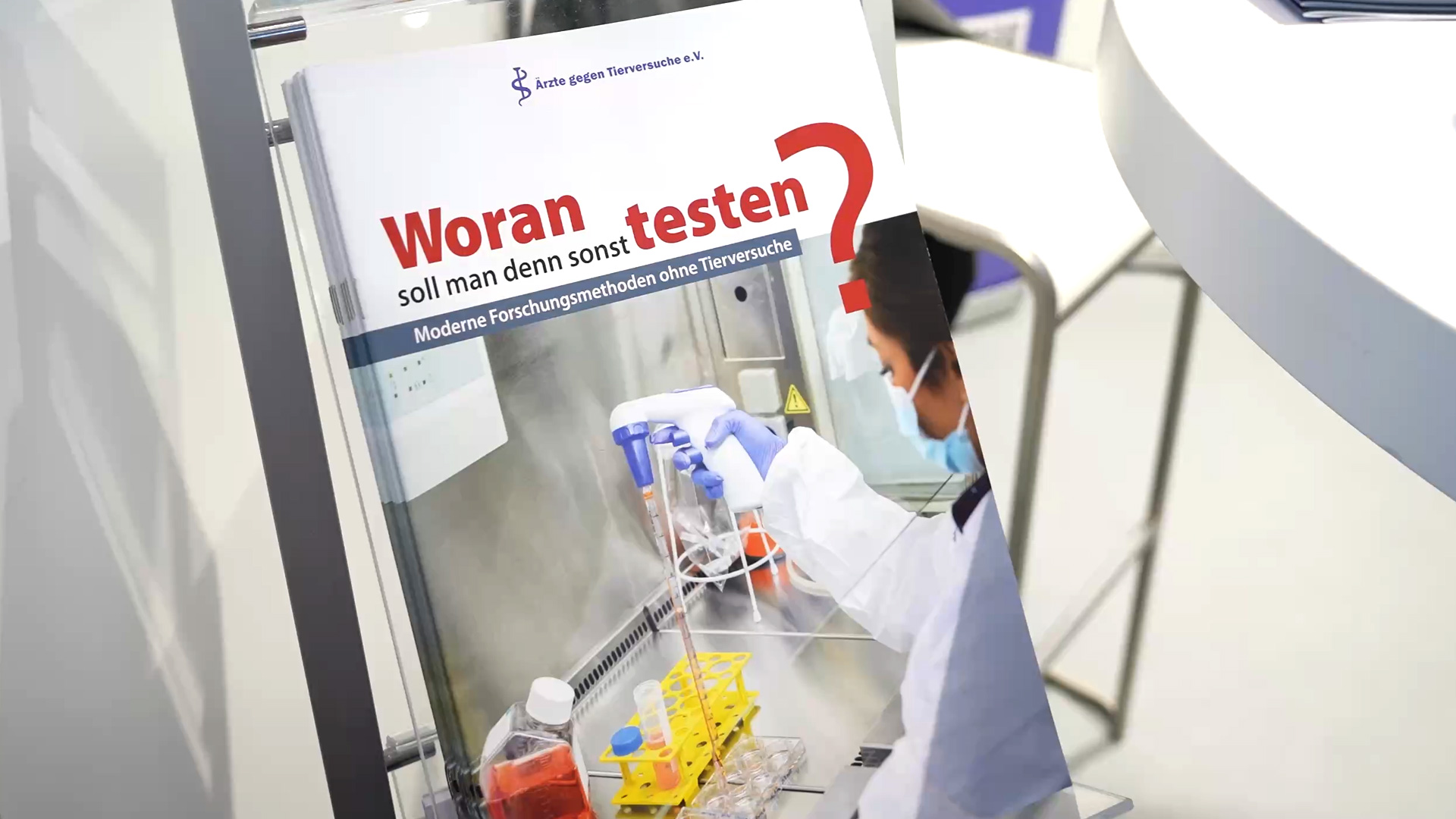Animal experiments are still considered by many to be an indispensable part of drug development. Yet experts such as the organization Doctors Against Animal Experiments point out that the significance of such tests is limited and that modern alternatives have long been available. The debate is not only ethical but also scientific.
Before new drugs or therapies are tested on humans, they almost always undergo animal testing. This practice is intended to ensure safety but delivers hardly any reliable data. The human organism differs fundamentally from that of laboratory animals in metabolism, immune response, and organ functions. Statistics show that more than nine out of ten compounds that appear unproblematic in animal testing fail in human clinical trials—often due to severe side effects or lack of efficacy. Doctors Against Animal Experiments emphasize that this is not an exception but a systemic issue: animals are simply not a reliable model for humans.

Animal experimentation has a long history. It was established as a standard over decades and is still considered mandatory in many areas. Critics speak of scientific inertia that prevents better methods from being adopted more quickly. What was once regarded as essential patient protection now proves to be a dangerous illusion. The high failure rate of drug candidates shows that the method ensures neither safety nor efficiency.
Researchers are already working with approaches based directly on human data. So-called organoids can be developed from skin cells: mini-livers, mini-hearts, or mini-kidneys that replicate key functions. When combined on multi-organ chips, they form an artificial circulation system in which substances can be tested under realistic conditions. This technique makes it possible to study patient-specific reactions—a decisive advantage over animal models. Instead of asking how a rat reacts to a drug, researchers can test how an actual patient might respond.

The organization sees these methods as the key to future-oriented research. Human-based approaches provide more precise data, accelerate the development of new therapies, and avoid animal suffering. They also pave the way toward personalized medicine, which takes individual differences into account. For patients, this means greater safety and more targeted treatments. The conclusion is clear: Scientific criticism of animal experiments is not just a marginal issue, but a central question of modern medicine.
